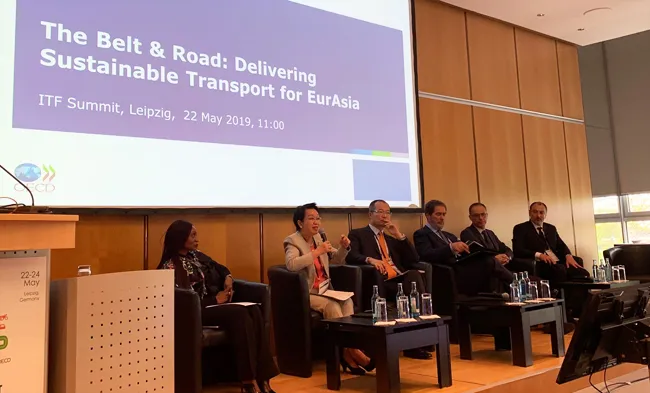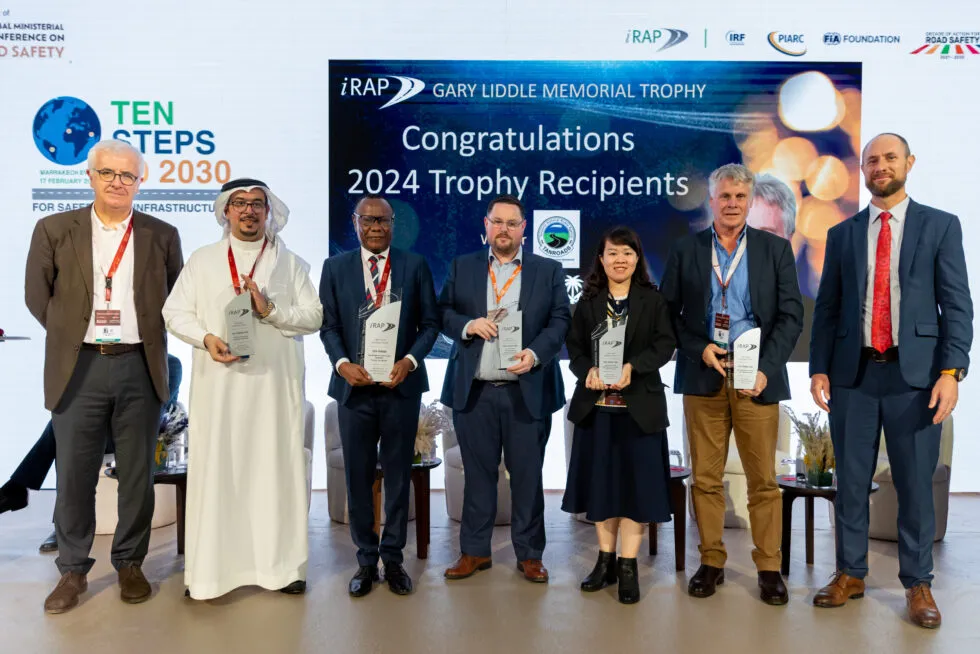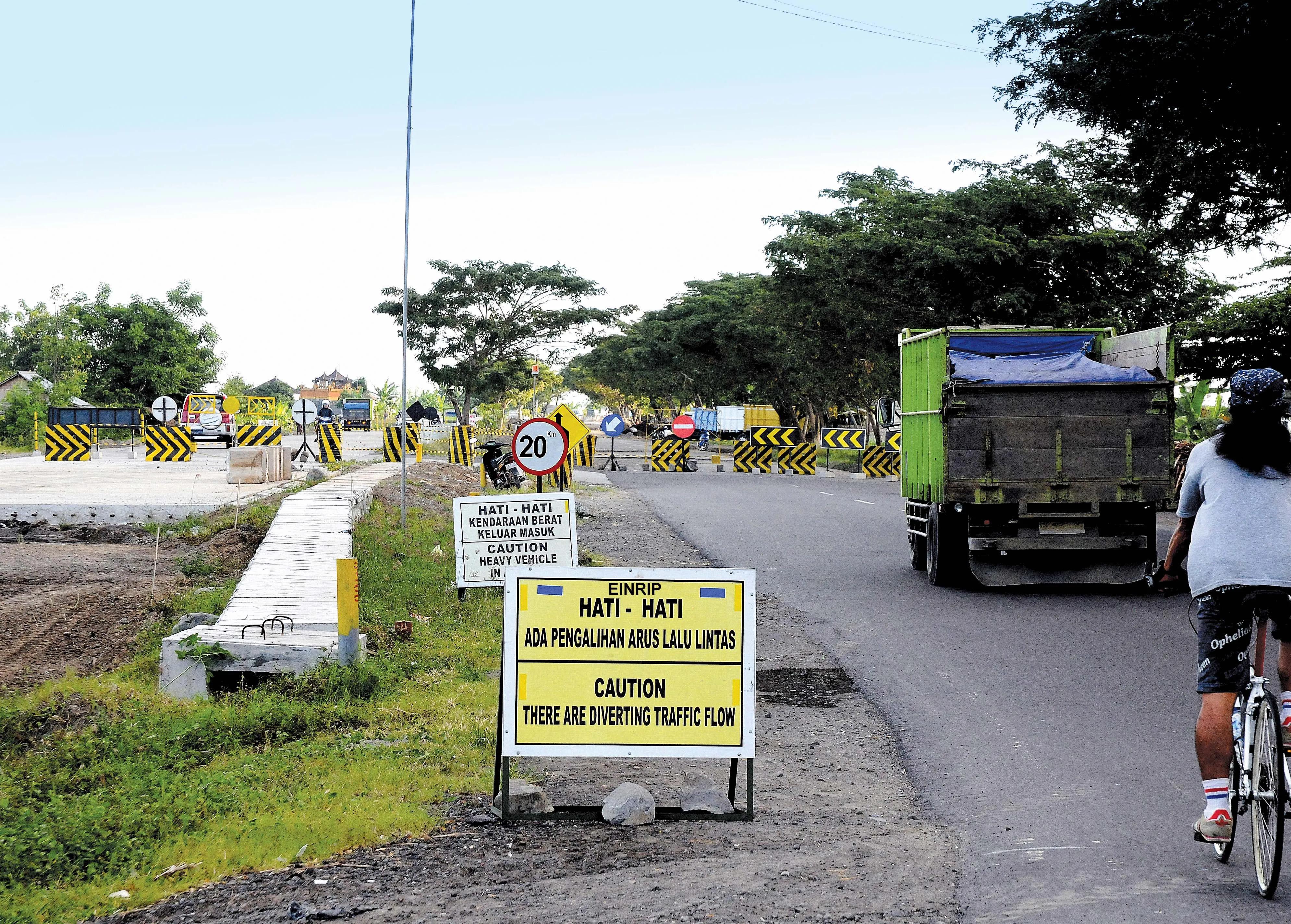
Organised jointly with the Black Sea Economic Cooperation (BSEC) and the
In his welcoming speech, IRF chairman Kiran K Kapila emphasised that the BRI aims to alter the socio-economic landscape along the Silk Road linking Asia and Europe in order to transform it into a thriving economic trading zone. "The BRI represents by far the largest infrastructure initiative of our time. Sustainable infrastructure in its three dimensions – safety, equity and efficiency – defines the vision of BRI. We, as the International Road Federation, act as catalysts to bridge, foster and coordinate the required 360° partnerships needed to deliver on this ambitious plan. IRF has been successfully acting as an interface between governments, international bodies, development banks and the private sector for over 70 years. We are at the forefront of creating enabling frameworks and providing insightful data to allow deeper analysis on the key issues."
Recalling the central role that Turkey has in the region, HE Mehmet Cahit Turham said, "Once being an essential part of one of the oldest transport corridors, the Ancient Silk Road, Turkey still stands at the crossroads of prominent transport corridors in North- South and East-West directions. The advantageous geographical location of Turkey which stretches from Asia to Europe and Russia to Africa allows it to be a regional and global hub. In this sense, we are very pleased that our perspective on Trans-Caspian Middle Corridor is in a great harmony with Belt and Road Initiative."
As highlighted during the Second Belt and Road Forum in Beijing in April 2019, international cooperation and coordination is widely recognised as playing a key role in furthering the positive effects of the BRI. Dr Supee Teravaninthorn, director general, Investment Operations, AIIB, mentioned that strong international coordination is required, especially in cross-border investments as these require clear policy coordination. Amb Michael B Christides, secretary general, BSEC, meanwhile, discussed the importance of the BSEC countries as a strategic corridor of the BRI, whilst Adefunke Adeyemi, regional director Africa, IATA, highlighted how the aviation sector can set an example for cooperation and standardisation for the other transport sectors.
To incentivise investment in BRI projects, Guangzhe Chen, senior director Transport Global Practice, World Bank Group, highlighted the need for robust project selection and appraisal and the inclusion of BRI projects in the national development strategies. Julien Ghata, Partner at PwC, stressed the need for bankable projects and greater transparency all along the process in order to attract private investors. Private participation in the BRI through public–private partnerships (PPPs) was also mentioned as an option for contributing to affordable and superior quality infrastructure.
Moderated by IRF director general, Ms. Susanna Zammataro, this session was part of the official line- up of the ITF Summit 2019, taking place in Leipzig, Germany from 22-24th May 2019.









